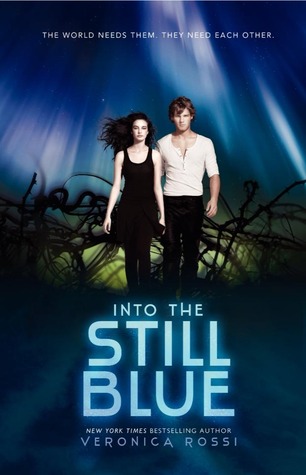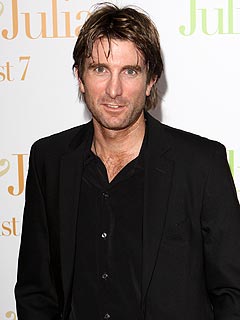
Rating: ★★★★★★★★☆☆ 8.5/10
Quick Snippet (no spoilers): Set in 1951, The Catcher in the Rye focuses on a seventeen year old boy, Holden Caulfield, and his hatred toward the world and everything around him. After being kicked out of his boarding school, Pencey, Holden tries to bide his time in New York before he has to return home to his parents' disappointment.
Recommendation: I would recommend this book to any angsty or nonangsty teen out there, or fans of The Perks of Being a Wallflower and A Separate Peace.
Review: From what I have read of other reviews on the internet, The Catcher in the Rye is either a much-loved book, or a thoroughly-despised book-- no inbetween. I can say with great certainty that I associate myself with the former group, for multiple reasons.
- J.D. Salinger wrote The Catcher in the Rye when he was 32, and still, somehow, he is able to capture the mind of an angsty teenager perfectly, so much so that Holden's attitude is still relevant to this day. I found multiple places in this brilliant novel in which I could relate to Holden perfectly, despite that the book was written over sixty years ago.
- Detail, detail, detail. The passage of time in The Catcher in the Rye is just a few days, but Salinger still manages to fill over 200 pages with Holden's captivating, albeit nonsensical, thoughts. There are no boring passages and no pages I wish I could have skipped.
- Description. With only a few words of description, Salinger is able to create a vivid mental picture of whatever Holden is looking at/thinking of. Example: "The minute I went in, I was sort of sorry I'd come. He was reading The Atlantic Monthly, and there were pills and medicine all over the place, and everything smelled like Vicks Nose Drops."
-----------SPOILERS FROM HERE DOWN-------------------------
I can definitely see, however, why many readers view this novel poorly. For starters, Holden Caulfield is very whiny. The book is littered with swear words at every paragraph as a way to describe Holden's disapproval of the world, he has something bad to say about every person he meets (except maybe the nuns and Allie?), and he says about a million times throughout the book how depressed he feels.
However, I do not blame Holden for any of his ill actions and thoughts, because he is obviously mentally unstable. He talks about committing suicide a couple times in the novel, he speaks without thinking and then regrets what he says (often times noting how crazy he is), and he periodically cries for seemingly no reason. Most importantly, in the very last chapter of the novel, Holden alludes to the fact that he is in some sort of mental institute and that he has seen more than one psychoanalyst.
Even though Holden seems like a whiny little kid, he has a perfectly good reason for why he acts in such a way. I view the novel as more of a 'day in the life of a mentally unstable teen' rather than a 'day in the life of randomly chosen Holden Caulfield'. Granted, for most of the novel, Holden acts perfectly normal, which is why the book is so relatable to teens.
Overall, The Catcher in the Rye is just one of those books you have to read for yourself in order to determine how likeable it is. If you love it, like me, it can become a worthy addition to your bookshelf, but if you hate it, at least you won't be alone.
~Alli



